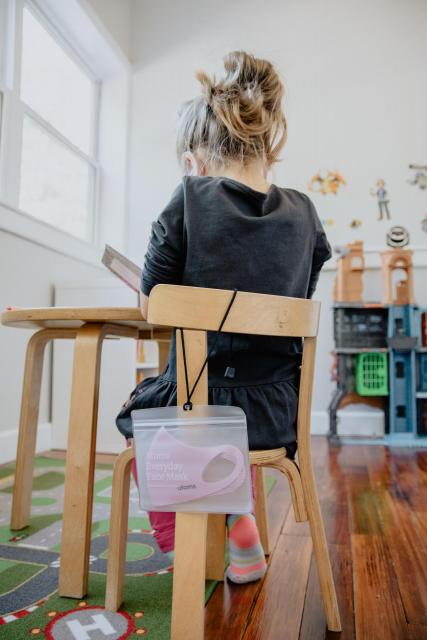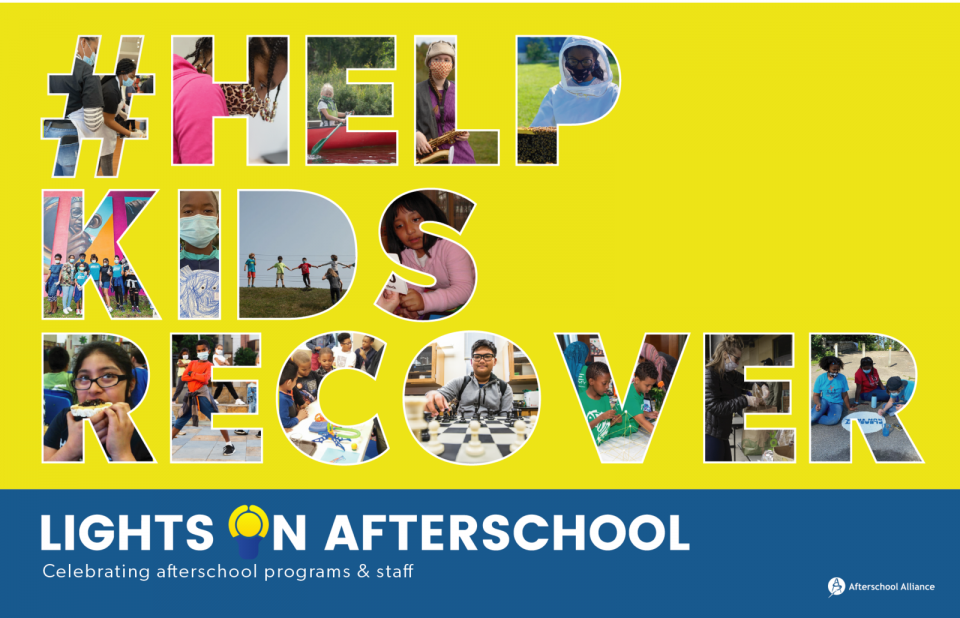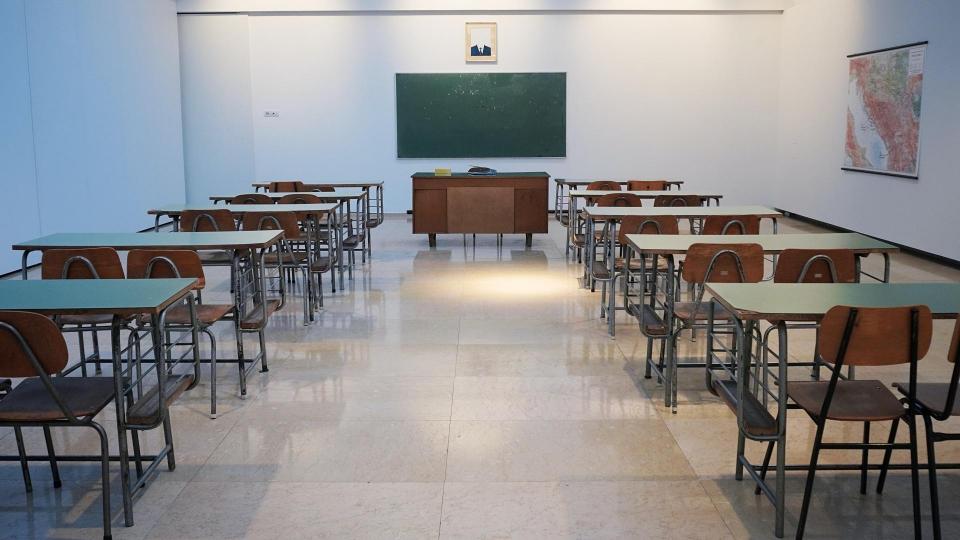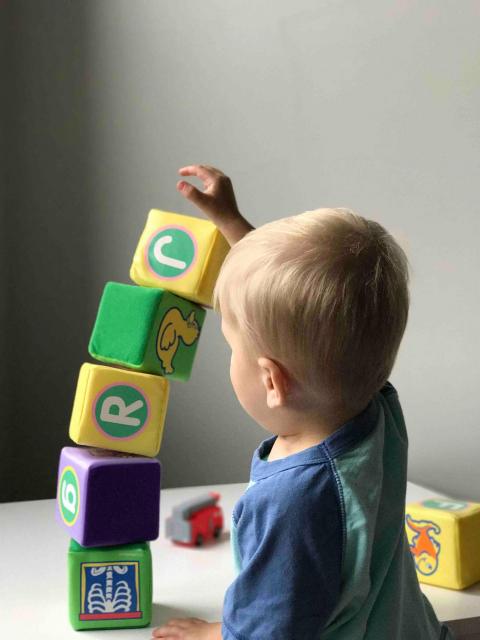CAN Health & Wellness Newsletter – Centering Healing in Schools
September 28, 2021
Welcome to CAN’s second installment of our revamped Health & Wellness Newsletter! We will continue to share content surrounding the Whole Child Health and Wellness Vision and initiative, our Health and Wellness Action Team, as well as other approaches that prioritize the cumulative wellness of students in our Expanded Learning programs.
The pandemic has affected the youth in our communities in multiple ways: physically, mentally, and emotionally. As we navigate this school year adopting a mindset centered around healing and wellness can help make students feel safe and secure before, during, and after school. By learning how to navigate their emotions and become more in tune with themselves, students will become more resilient.
However, remember that the youth around you don’t learn these skills on their own – the adults in their lives make a huge difference as well. None of this is possible without you! Continue to take care of yourself and your students as you navigate this school year by keeping the whole-person approach at the forefront.
Explore these resources on how to center healing and wellness in the classroom not only for students, but instructors as well:
- 50 Self-Care Ideas for Teachers via The Counseling Teacher
- Grounding: A Calming Exercise for Children and Teenagers via RaisingChildren
- 20 Tips for Creating a Safe Learning Environment via Edutopia
- Making Classrooms and Schools Trauma-Informed and Healing-Centered via Greater Good Science Center
If you are interested in receiving these updates, sign up for the newsletter today!
In This Newsletter:
Join the Conversation on School-Based Health Centers!
Wednesday, October 6, 12:00-1:00 pm PT
Student Health Index: A New Look at Addressing Health & Education Equity Through SBHCs
The California School-Based Health Alliance will be offering a webinar on the Student Health Index, the first comprehensive statewide analysis to show counties, districts, and schools where new School-Based Health Centers (SBHCs) will have the greatest return on investment for improving student health and education.
New Brief: Healing-Centered Community Schools
PACE, in partnership with California Children’s Trust, Californians for Justice, and Advancement Project California, published a series of briefs detailing practices on what healing-centered community schools should look like.
The first policy brief, called Healing-Centered Community Schools: A Key Investment for COVID-19 Recovery, talks about a vision for leaders in all levels of education.
The complementary practice brief, Practices of a Healing-Centered Community School, outlines the effectiveness of high quality teaching by creating conditions that: (a) center racial equity and justice by repairing and earning trust; (b) provide support and capacity; © offer opportunities to learn, lead, explore, and thrive; and (d) are rigorously accountable for multiple preconditions and dimensions of student success.
A Science-Driven Return to School
The Learning Policy Institute (LPI) has flagged a Forbes commentary article written by Linda Darling-Hammond on the “masking wars”. The issue is how to implement policies based in science to keep the return to schools as safe as possible. States that have implemented these science-based policies like California have COVID-19 cases well below the national average. LPI states that relationships and learning continuity are crucial to young people’s development, so there should be a safe science-driven return to schools.
2021 Lights On Afterschool Promotes Health & Wellness!
Thursday, October 28, 2021
High-quality SEL-focused afterschool programs offer students an opportunity to build on critical social and emotional skills in an engaging setting with fun activities and caring adult mentors. Additionally, afterschool programs support children and youth from serving nutritious meals to team-building physical activity, afterschool programs promoting Health & Wellness in tons of ways!
Equity within School Health
Child Trends and the Kaiser Permanente Institute for Health Policy released a report calling for more focus on equity with investments to school health. The analysis finds 2 issues:
- The limitedness of federal school health efforts to reach those who face systemic barriers
- The labeling of students with harmful language such as “at-risk” or “low-achieving”.
Youth Mental Health Crisis Lines during COVID-19
Children’s Trust created a new brief called Youth Mental Health Crisis Lines: Critical Players in a Complex Landscape of Services, where they examined the California youth crisis lines and their role in providing services during the pandemic.
The $20 million that the Department of Health Care Services (DHCS) is investing in building a new 988 mental health hotline is explained in the brief. The service starts in July 2022.
Mindful Spaces in Elementary Classrooms
Edutopia released an article titled Creating a Mindful Space for Self-Regulation that spoke on the need to set aside a room for elementary students to process their emotions and help transition them back into the classroom.
School Health Needs During COVID-19
COVID-19 has made returning to school in 2021 a challenge, and school health needs to be a national priority. To support this effort, Healthy School Campaigns released two resources supporting health and wellness in schools:
SAMHSA Resources
The Substance Abuse and Mental Health Services Administration (SAMHSA) created a list of mental health resources for students and staff that addresses mental health and resilience:
Resources from Center on the Developing Child
The Center on the Developing Child organization has compiled a list of resources to help educators and caregivers to support students during the pandemic:
COVID-19 Impact on Education
As many U.S. teachers and students return to the classroom, questions arise about how to address the traumas of the past year and how to deal with money. LPI has created a range of resources since the pandemic started to address these questions on the impact of COVID-19 on education:
National Farm to School Network Resources
The National Farm to School Network launched a two-part interview series with the early and new leaders of the farm to early care and education (ECE) movement.
The ECE movement was started 10 years ago and is a set of strategies and activities to enhance the quality of education. They promote health and wellness among other supports.
Check Out CAN’s Other Newsletters!
Access the CAN newsletter archives to view past newsletters today! You may be interested in some of our other newsletters as well:
















